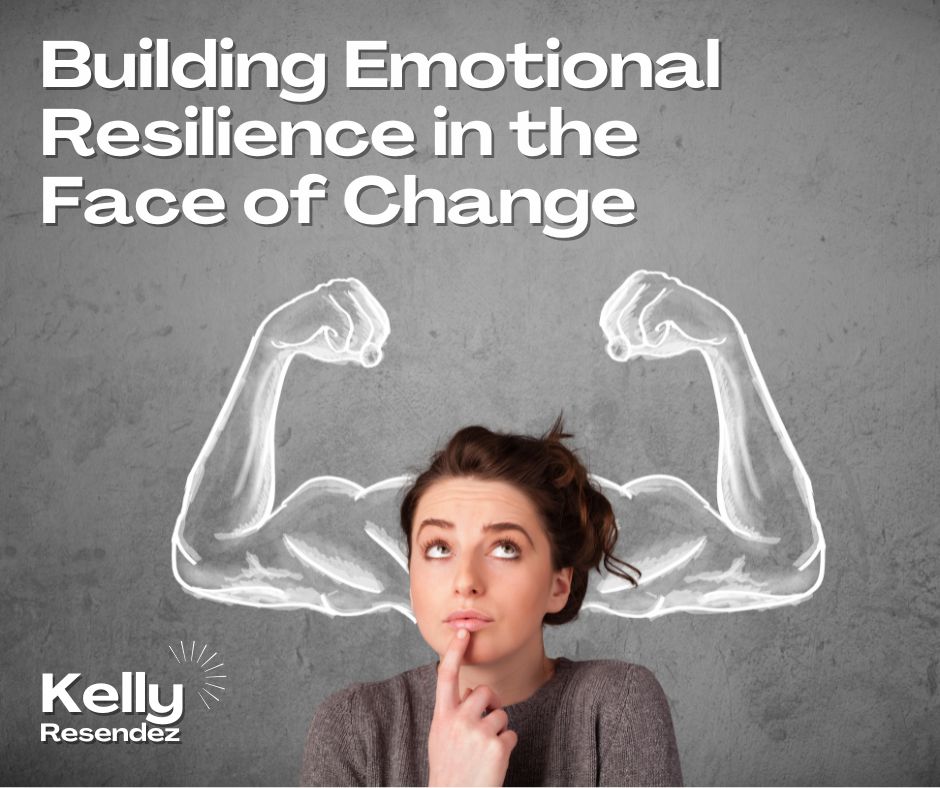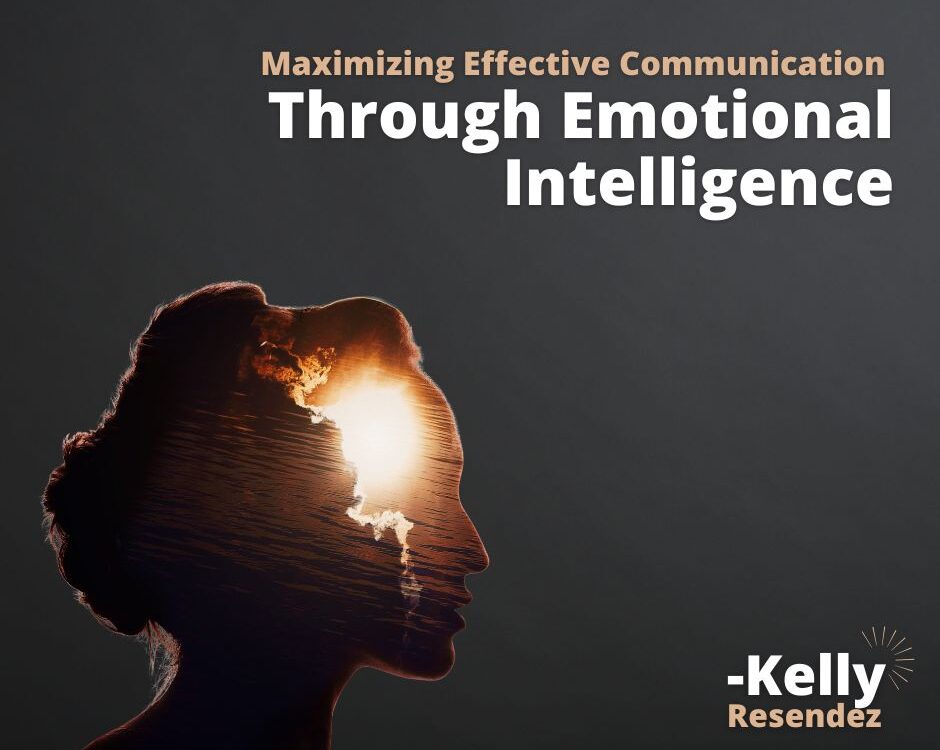
Breaking the Cycle of Burnout: Sustainable Strategies for Long-Term Well-Being
October 15, 2024
The Role of Self-Compassion in Personal Growth
December 18, 2024
Change is life’s only constant, yet it can make even the strongest among us feel like we’re in a freefall, hopelessly out of control. Navigating these unexpected seismic life shifts requires more than just the will to endure; it demands emotional resilience—an inner foundation that helps us adapt, grow, and thrive in the face of uncertainty.
Here are strategies to strengthen your emotional resilience so that you can manage life’s twists and turns with grace and purpose:
1. Embrace the discomfort.
The first step to building resilience is acknowledging the discomfort that change brings. Avoiding or resisting it only amplifies fear and stress.
Instead, lean into it. Remind yourself that growth often resides just outside your comfort zone. By normalizing the presence of uncertainty, you begin to shift from a mindset of resistance to one of acceptance.
2. Develop self-compassion.
Resilience doesn’t mean you weather every challenge easily or with a perfect, unwavering response; far from it! Instead, you’ll be finding your new way day by day, with many falls and setbacks along the way. So, one of the most powerful tools in the face of change is self-compassion.
On days when you feel stretched too thin or fall short, give yourself the kindness you would offer a friend. Self-compassion nurtures your well-being and acts as a buffer against the negative self-talk that can erode your resilience.
“I can be changed by what happens to me. But I refuse to be reduced by it.”
-Maya Angelou
3. Anchor yourself in purpose.
During turbulent times, having a clear sense of purpose acts like a lighthouse in the storm. It will keep you centered and on track for what you want your life to look like and who you want to be when the storm passes.
So, take the time to reconnect with what matters most to you—your core values, passions, or mission. Purpose doesn’t just offer direction; it fuels perseverance and gives deeper meaning to your challenges.
4. Cultivate mindfulness.
Mindfulness isn’t just a buzzword—it’s a powerful practice that anchors you in the present moment.
When facing change, your mind might gravitate toward worries about the future or regrets from the past. Practicing mindfulness helps redirect your focus to the here and now, calming your nervous system and making it easier to respond thoughtfully rather than react impulsively.
5. Build your support network.
Resilience isn’t a solo endeavor – it’s a team sport! For that reason, one of the greatest sources of strength comes from the people around you. Don’t hesitate to reach out, share your fears, and seek encouragement. A strong support network can provide new perspectives, reassurance, and the motivation to keep going when the road gets rough.
For that reason, I LOVE being involved with GoBundance Women, an exclusive membership community of dynamic women leaders who support each other and keep everyone accountable for every aspect of their lives. Find out more here.
6. Embrace adaptability.
Rigid expectations and plans can lead to frustration when they clash with life’s unpredictability.
Instead, cultivate an adaptable mindset that’s willing to pivot and evolve. This doesn’t mean abandoning your goals; it means being flexible with your path to achieving them. Change is often the birthplace of new opportunities. So go with the flow when that’s what life calls for!
“You can’t stop the waves, but you can learn to surf.”
-Jon Kabat-Zinn
7. Commit to self-care.
Emotional resilience isn’t built when we’re running on empty. Make self-care non-negotiable, and take great care of yourself.
Prioritize rest, nutrition, exercise, and activities that recharge your spirit. Resilience thrives when your body and mind are fueled and ready to face whatever comes your way.
8. Learn from past experiences.
Reflecting on previous challenges and the ways you overcame them can bolster your confidence and prepare you for future hurdles. Each experience, whether a victory or a lesson, adds to your toolkit of resilience. Take time to journal or meditate on what these past situations taught you about your strength and resourcefulness.
“Resilience is accepting your new reality, even if it’s less good than the one you had before. You can fight it, you can do nothing but scream about what you’ve lost, or you can accept that and try to put together something that’s good.”
-Elizabeth Edwards
The big takeaway.
Emotional resilience is not about shielding yourself from change but developing the agility to navigate it. By incorporating these practices into your daily life, you can transform challenges into stepping stones for growth. Life’s changes may never be easy, but they can become powerful opportunities for you to grow stronger, wiser, and more capable than ever before.
Remember, resilience is a muscle; the more you work it, the stronger it becomes. Trust in your ability to adapt, and watch yourself not just survive but truly thrive amidst change.



